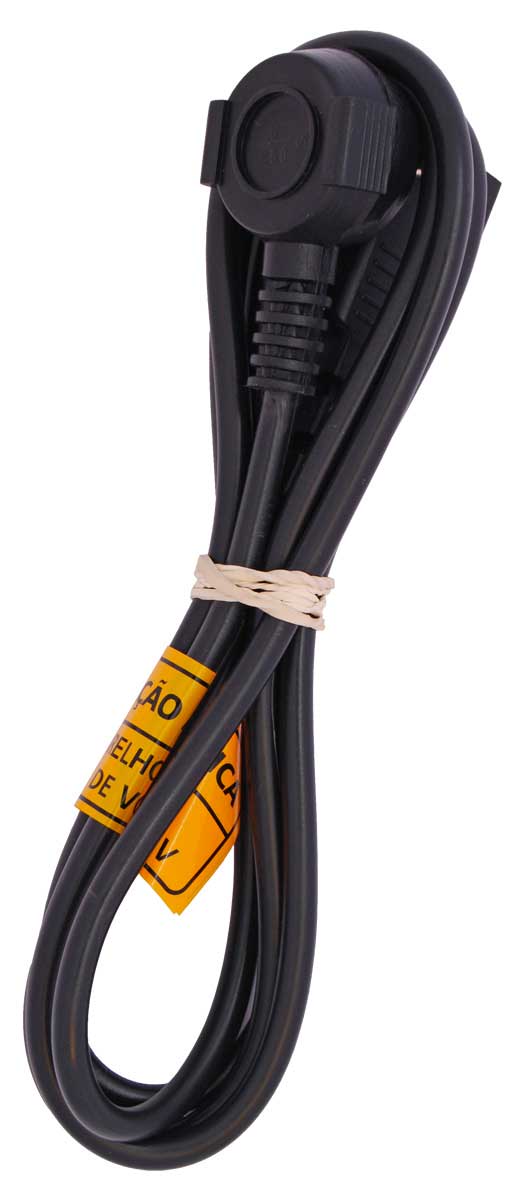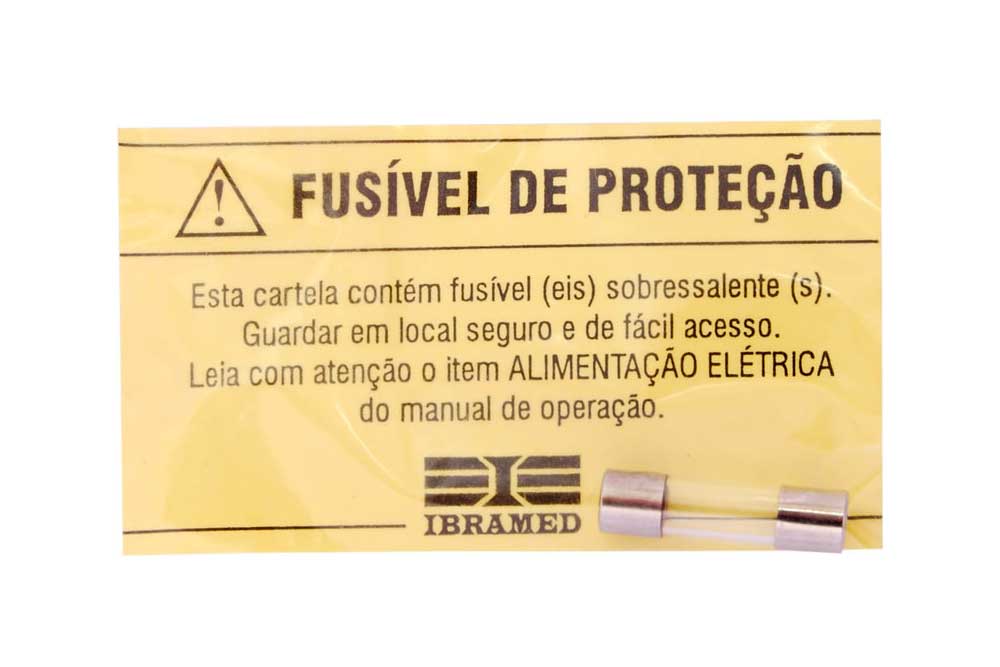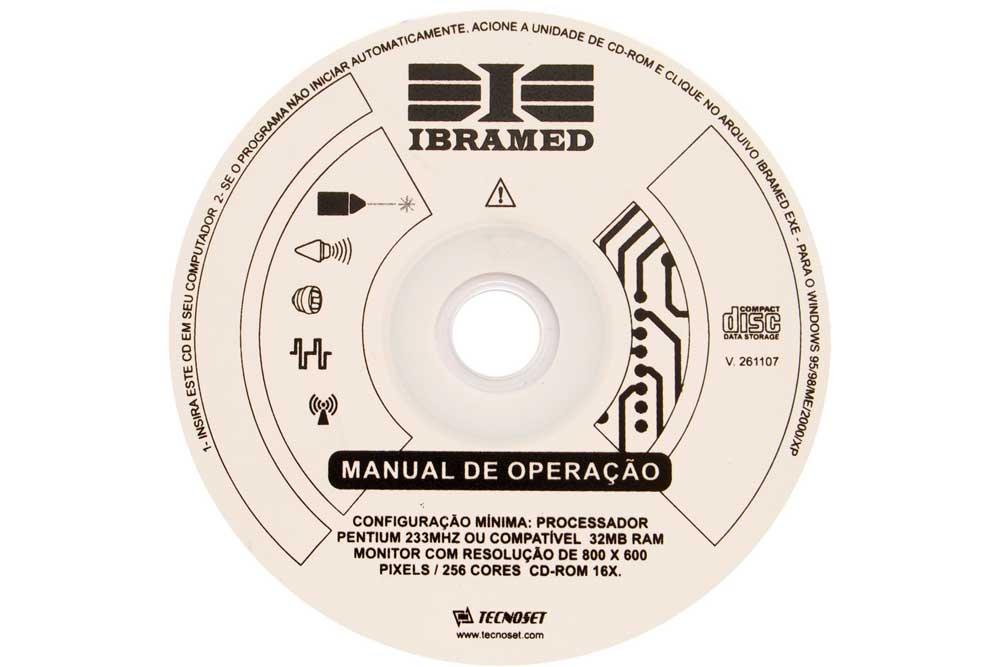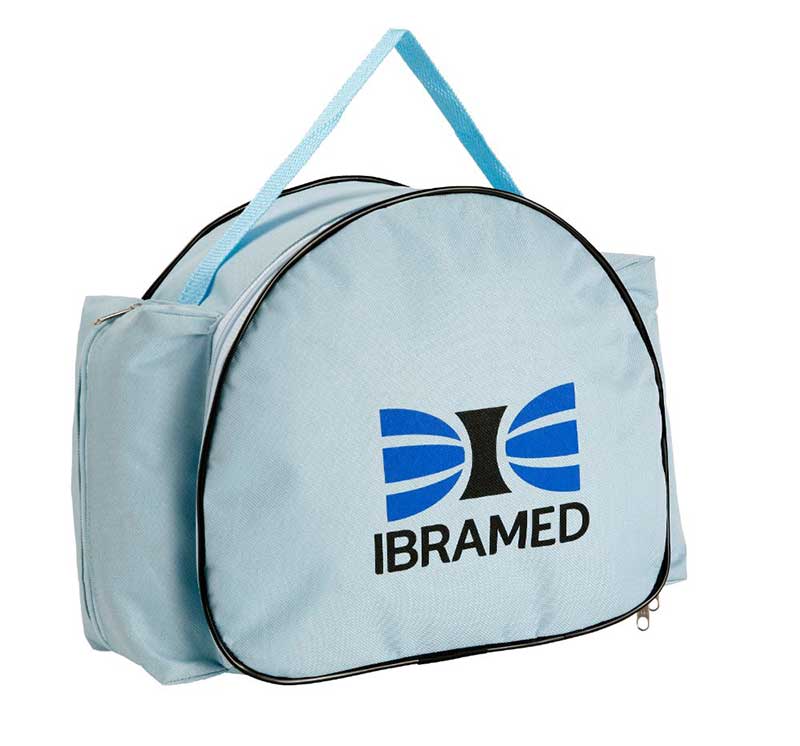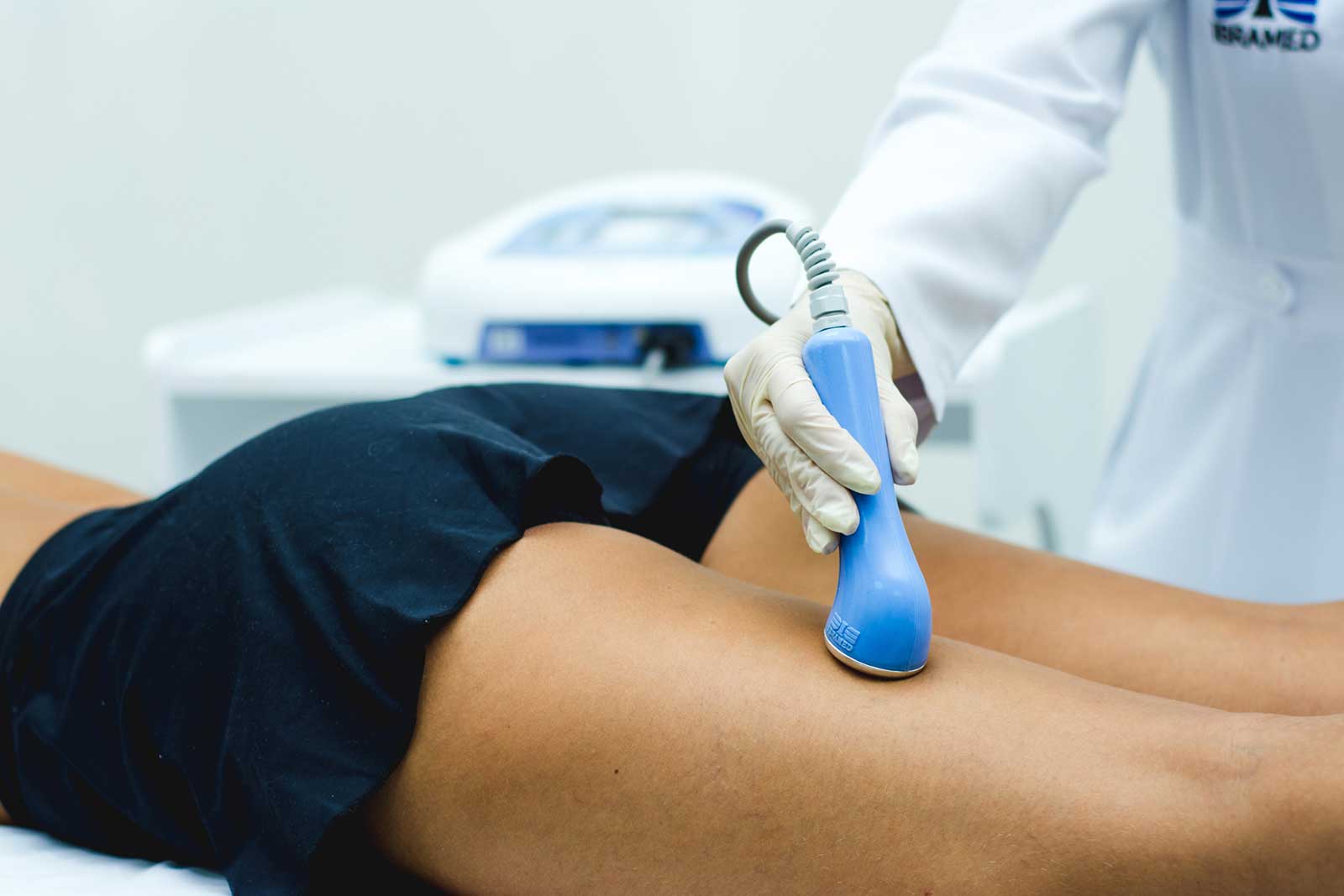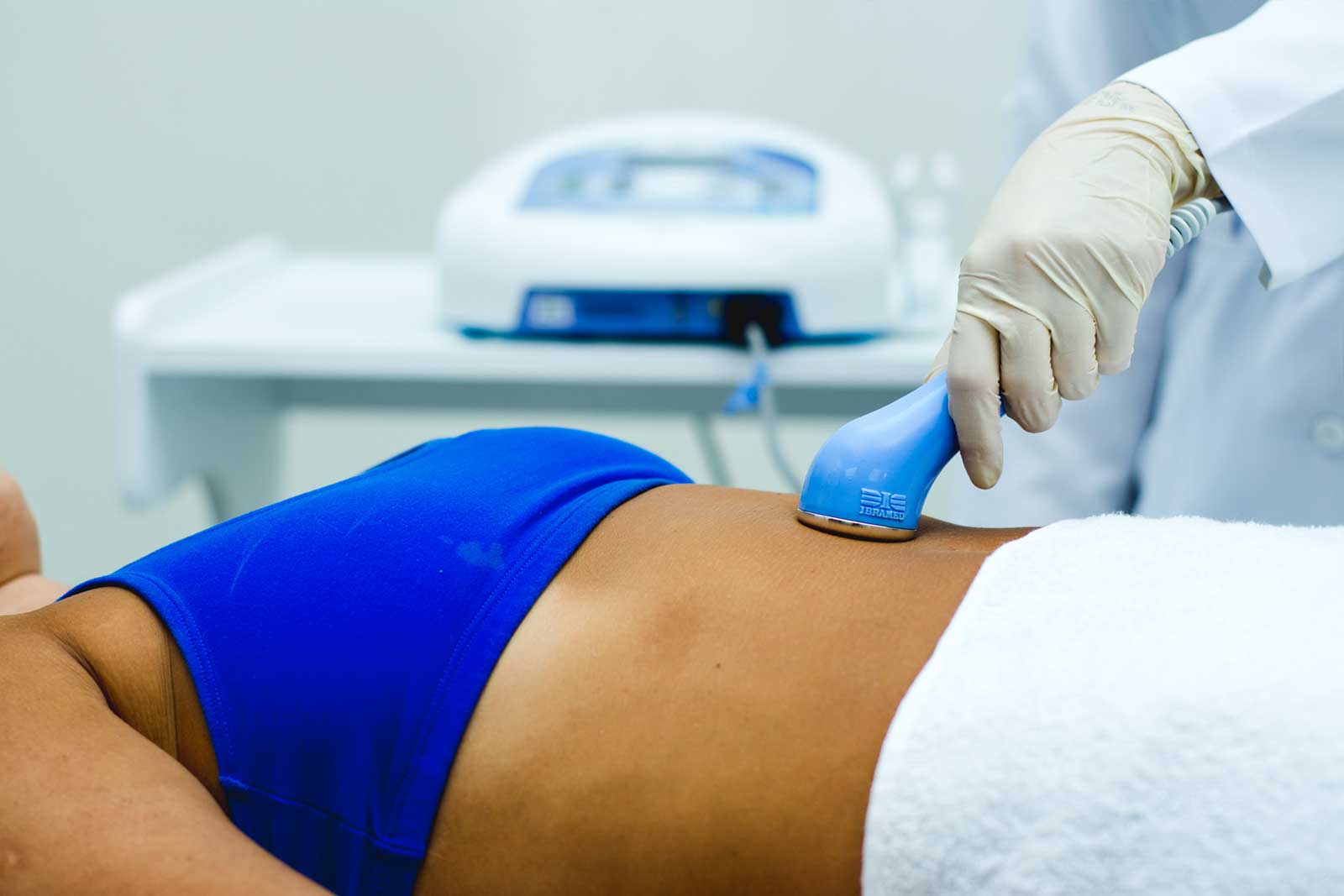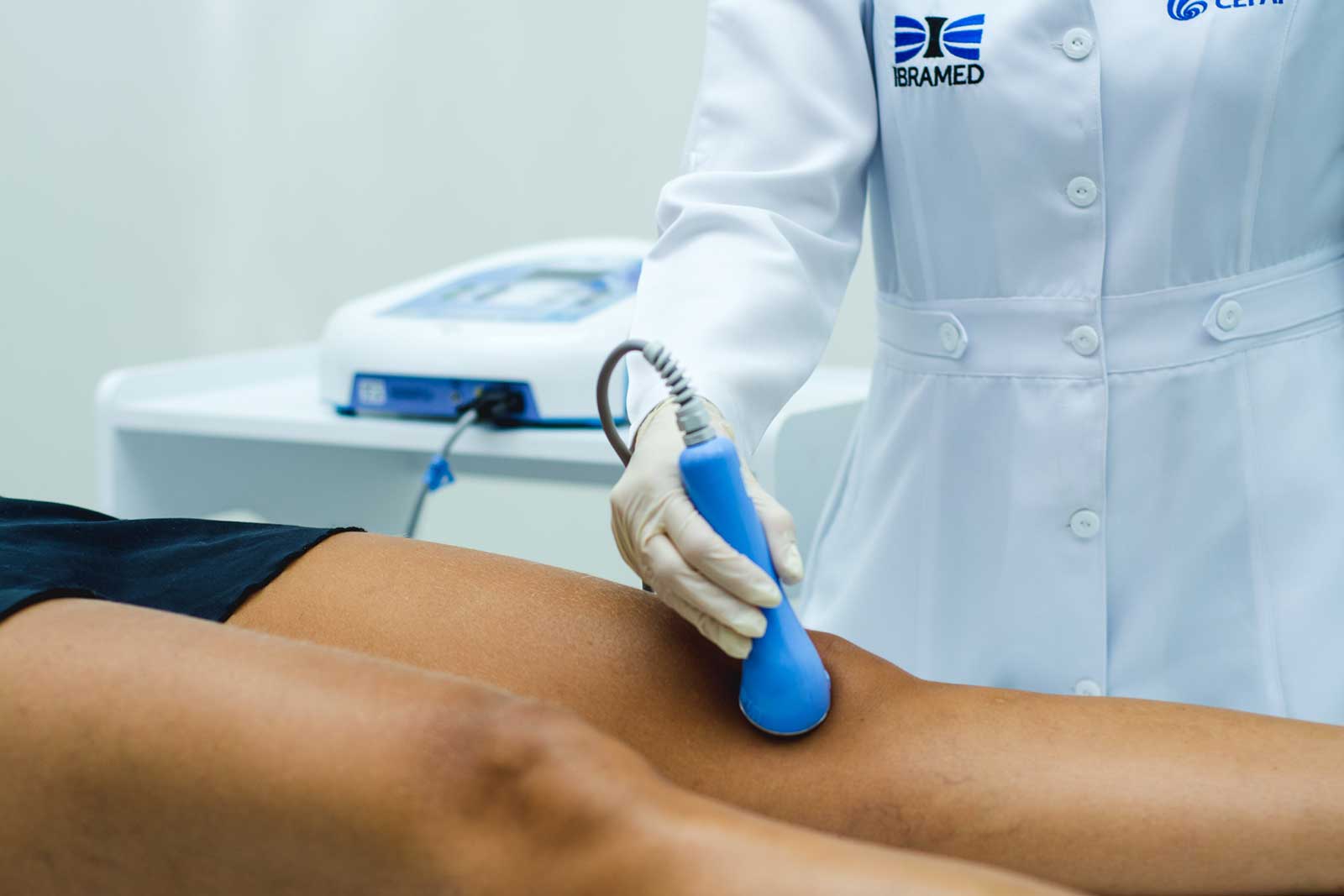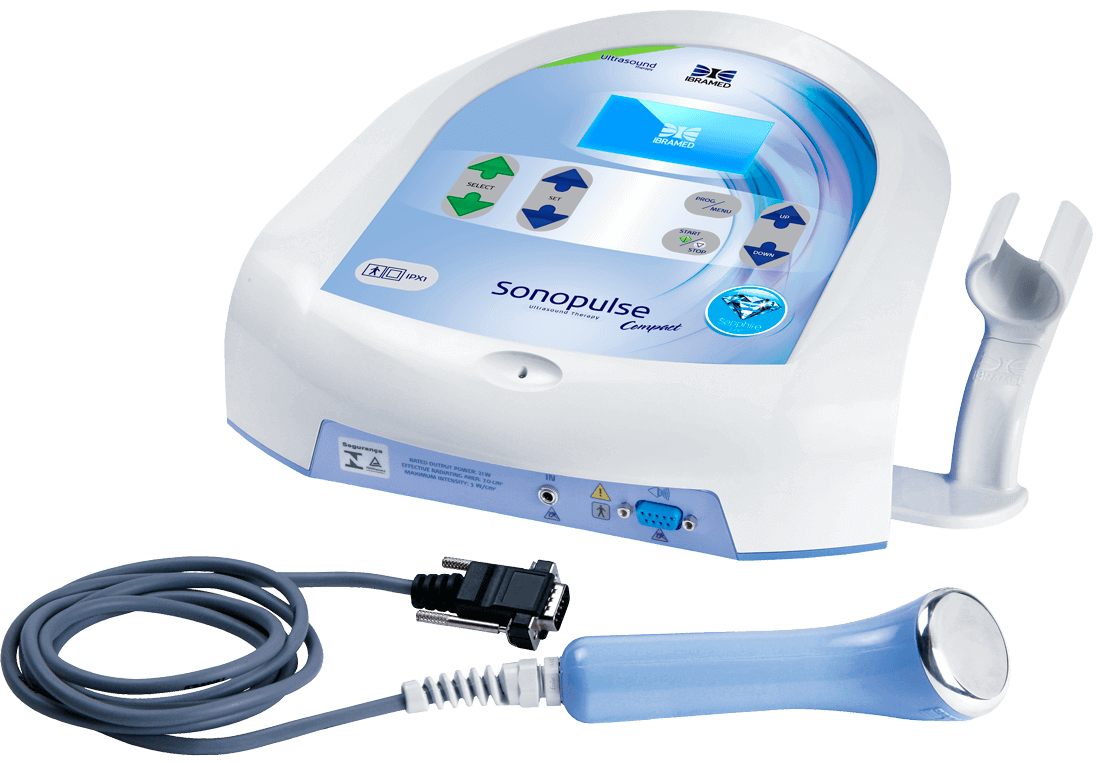
Sonopulse Compact 1 MHz
- Ergonomic Applicator
- ERA w/ 7 cm²
- Frequency of 1 MHz
- Power: 21 W
- Continuous Mode and pulsed mode
- Soft Touch Display
- Evidenced protocols in aesthetics
- Easy-to-use
The equipment
Sonopulse Compact 1 MHz is a therapeutic ultrasound micro controlled equipment in the frequency of 1 MHz developed to use in physiotherapy treatments. It has an ERA (Effective Radiation Area) of 7 cm². The maximum output power of the ultrasound is 21 Watts, so the maximum intensity is 3 W / cm². The ultrasound emission mode can be adjusted in continuous or pulsed mode, which has a pulse repetition frequency of 100 Hz, 48 Hz or 16 Hz and with pulse rate of 1/2 (50%) and 1/5 (20%). SONOPULSE Compact 1 MHz also has a key called PROG that allows the choice of pre-programmed treatments (stored in the device’s memory).
The equipment must be used only under the prescription and supervision of a licensed professional.
Technical characteristics
Eletric description
- Input: 100 – 240 V ~ 50/60 Hz
- Input power 100 VA
- Electric class: CLASS II
Ultrasound specifications
- Frequency: 1.1 MHz
- Effective radiation area (ERA): 7 cm²
- Mode: Continuous or Pulsed
- Frequency of pulse repetition: 100 Hz; 16 Hz; 48 Hz
Treatment duration: 1 – 30 min
Output power
- Crystal of 7 cm²: 0.1 to 3.0 W/cm²; 1.1 MHz
- Maximum amplitude (7cm²): 21
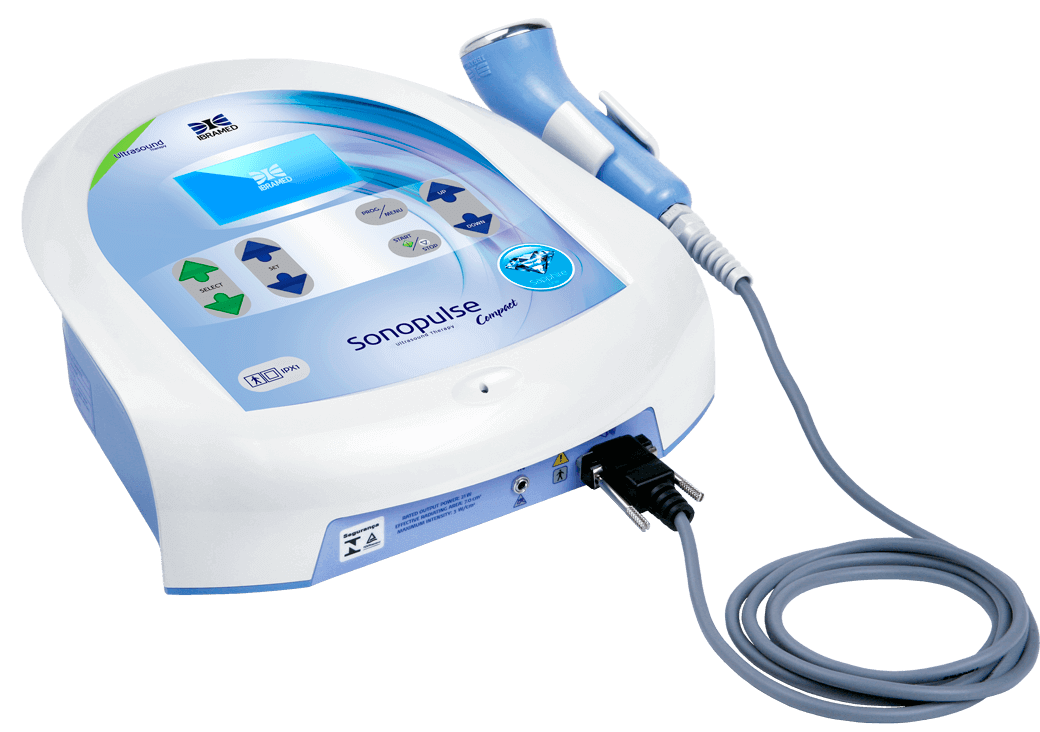
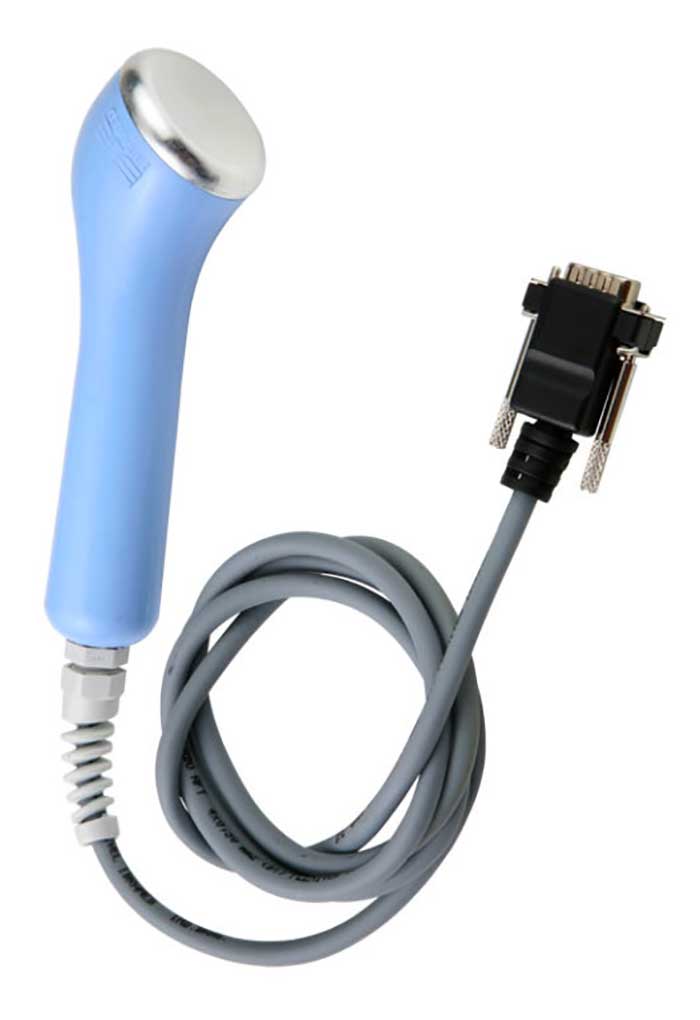
Applicator
Ultrasound Transducer w/ ERA of 7cm²
The advanced technology of the ultrasound transducer of SONOPULSE Compact 1 MHZ offers a temperature sensor that checks and maintains the working temperature of the piezoelectric crystal, and consequently, from the aluminum face of the transducer, which avoids the patient that unpleasant feeling of excessive heat. This sensor is programmed so that the temperature in aluminum never exceeds 41 degrees centigrade.
During treatment, especially when the coupling gel used doesn´t have a good quality, or when the technique is misapplied; the temperature may rise above 41 degrees. When it happens, the equipment “freezes” the time programmed in the timer and turns off the ultrasound emission. At this time a beep sound is emitted and a warning message will appear on the display of the equipment. The professional must continue “moving”” the transducer, because after a few seconds the temperature will return to normal. The equipment automatically “defrosts” the time, returning to the original program.
Mechanisms of action and Physiological effects
Ultrasound can be defined as high frequency mechanical vibrations (above 20kHz), in which its energy is a consequence of the piezoelectric effect. This piezoelectric effect is due to electric pulses executed on the piezoelectric crystal that suffers also, compressions and rarefactions; generating with this high frequency mechanical energy that when applied to biological tissues produces oscillatory effects on molecules and surrounding structures, which consequently produces therapeutic effects. The frequency of 1MHz has a longer wavelength, generating energy propagation in deeper tissues. In contrast, the frequency of 3MHz presents the shortest wavelength, leading to energy absorption in more superficial tissues.
In the ultrasound therapy, the energy between tissues can be delivered in continuous or pulsed mode, and its effects can be thermal and non-thermal. In addition, the energy absorption factor depends on the nature of the tissue, its vascularization and ultrasound frequency.
Thermal effects are those obtained when tissue temperature increases by 40 and 45 ° C, generating an increase in the microcirculation, vasodilation, increase in the collagen extensibility, reducing pain and muscle stiffness. The non-thermal effects are: microbubble formation (cavitation), increase in the permeability of cellular membrane, acceleration on process of tissue regeneration and healing.
Indications
Therapeutic massager
- Temporary reduction of localized fat;
- Temporary reduction of gynoid lipodystrophy (cellulite);
- Postoperative of plastic and reparative surgeries;
- Improves skin quality and firmness;
- Post-Hydrolipoclasy.
- Pain relief.
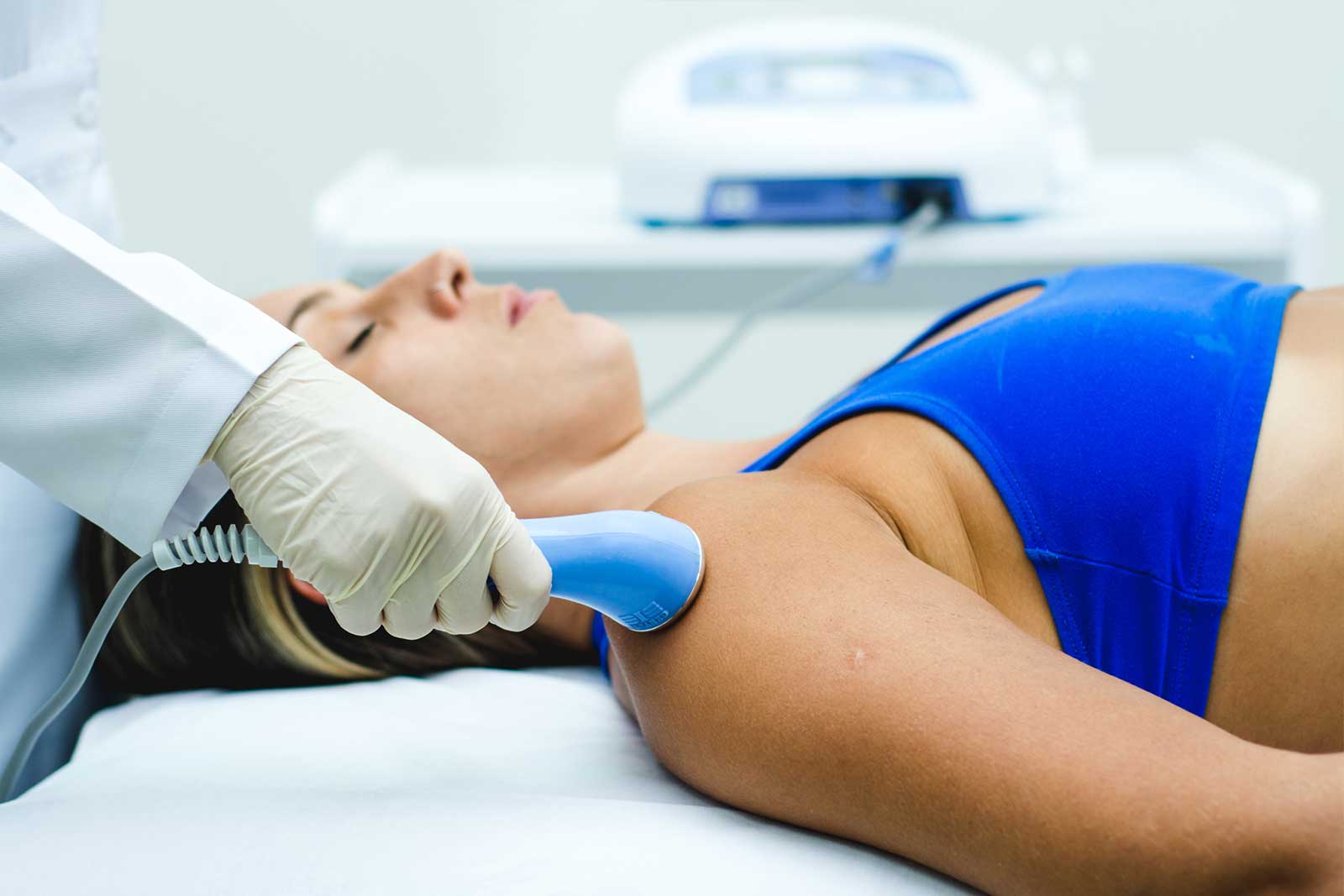
Contraindications
It is not recommended to perform the mechanical massage
Pregnancy or a potentially gravid uterus;
Non-diagnoses pain;
On neoplastic areas or under areas where the tumor was removed;
Under eyeball;
Ischemic areas where blood supply may be unable to meet metabolic demand and result in necrosis;
Bone epiphyses still growing;
Electronic device implanted (eg, cardiac pacemaker; deep brain stimulation device);
Areas previously treated with radiotherapy;
Cardiac area;
Areas of thrombophlebitis, deep vein thrombosis, emboli, and severe atherosclerosis;
Cases of suspected serious infectious disease and disease in which it is advisable for general medical purposes to suppress heat or fevers.
ADVERSE REACTIONS
The therapeutic ultrasound when applied with continuous rotary movements may cause tingling sensation and/or heat. On the contrary, if applicator is kept in the same local for more than some seconds, in high energy, it could be uncomfortable.
Application techniques
- Examine the skin and clean the area to be treated prior to application, using 0.5% alcohol chlorhexidine;
- Before applying the ultrasound, clean the area with soap and water to remove the oil and possible skin fragments, reducing the difficulties to the passage of the ultrasound through the skin.
- Clean the applicator with soap and water before each therapy session.
- Apply conductor gel over the patient’s treatment area.
- Move the ultrasound transducer constantly during the session in circular movements.
- Examine the skin again after treatment.
Accessories
